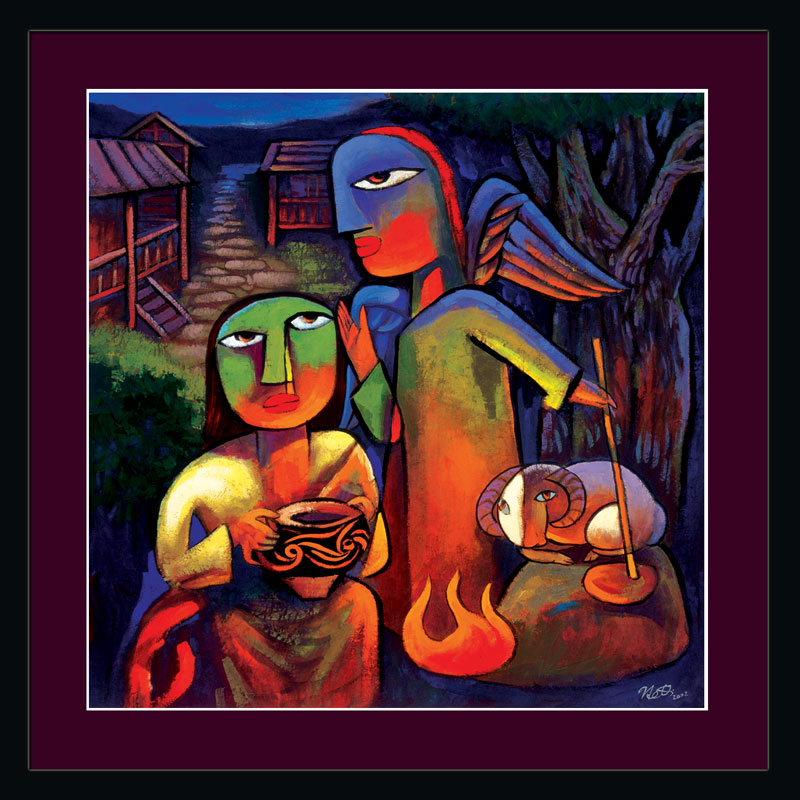 While I was a student in Oxford, I wrote my masters thesis on Gideon (“‘YHWH Will Rule over You’ (Judges 8:23): The Theocratic Ideal as a Theme Unifying the Disparate Traditions of the Gideon Narrative”). The story is familiar from Sunday school days, but still profound. Today, I’ll begin a series about the life of this prototypical post-modern hero (somehow I need to recycle this material from my thesis).
While I was a student in Oxford, I wrote my masters thesis on Gideon (“‘YHWH Will Rule over You’ (Judges 8:23): The Theocratic Ideal as a Theme Unifying the Disparate Traditions of the Gideon Narrative”). The story is familiar from Sunday school days, but still profound. Today, I’ll begin a series about the life of this prototypical post-modern hero (somehow I need to recycle this material from my thesis).
First, though we need some background. As is typical of the judge-cycles that dominate the book, Gideon’s story begins with Israel “doing evil in the eyes of YHWH” so YHWH gave them into the hands of foreign oppressors, Midian this time (Judg. 6:1). Midian would sweep in and raid Israel’s crops and livestock so that the land was “wasted” and Israel was greatly “impoverished” (Judg. 6:5-6).
As part of my research for an article on “Wrath” I’m writing for IVP’s Dictionary of the OT: Prophetic Books, I read an article today by Terence Fretheim on violence in the Prophets. Fretheim argues that God doesn’t “micro-manage” the activity of human agents (like Midian), but they routinely exceed their mandate, which seems to be happening in Judges 6. God allowed the Midianites to prevail over Israel, but then Midian exploited Israel beyond what YHWH had ordained. Fretheim doesn’t think the Midianites merely puppets.
Fretheim raises an interesting issue that appears frequently in both historical books and then prophetic books. How responsible are the Midianites (or the Assyrians or the Babylonians) for the crimes they perpetrated against Israel? The text makes it clear that God worked through Midian, but if they weren’t independently responsible for the severity of their crimes it seems unfair that they would then be punished later.
So, how responsible was Midian for what they did to Israel? Do you think God punishes his people today by allowing them to be oppressed? If so, how? Is it ever appropriate to say that to someone (“God is punishing you…”)?
(Image is “Gideon and the angel” by He Qi-see his website.)
